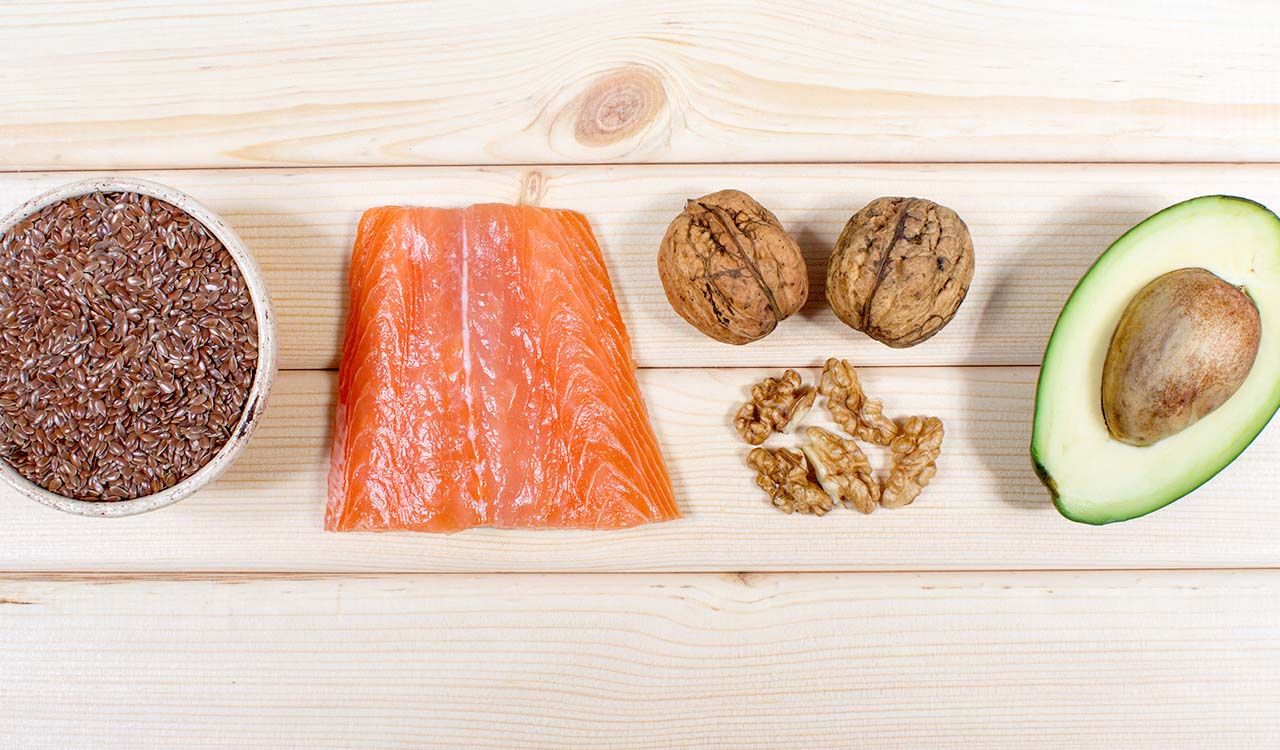All of us know the importance of a healthy diet. Good food can improve our physical health and our mood, but did you know that food also affects brain health? Certain foods can improve your brain’s performance, which is something you may want to keep in mind when you’re looking for a leg up on exam day.
Fernando Gómez-Pinilla, a UCLA professor of neurosurgery and physiological science, says, “Food is like a pharmaceutical compound that affects the brain. Diet, exercise, and sleep have the potential to alter our brain health and mental function. This raises the exciting possibility that changes in diet are a viable strategy for enhancing cognitive abilities, protecting the brain from damage, and counteracting the effects of aging.”
The food you eat directly affects your brain’s performance. Food is broken down into energy, which is then distributed throughout your body. Although your brain comprises only about 2% of your body weight, it requires about 20% of the energy your body takes in to operate. Blood vessels carry energy to your brain, so a heart-healthy diet is also beneficial for your brain.
Knowing that the energy from food impacts your brain, what kinds of foods improve brain performance?
Omega-3 Fatty Acids
The brain draws almost all of its energy from glucose, so it needs fat and sugar to operate at its highest level. But don’t head out to your favorite fast-food restaurant just yet. Fast food and junk food contain trans fats and saturated fats, which can actually decrease cognitive ability.
The brain is not looking for just any type of fat and sugar – it wants polyunsaturated fatty acids, also known as omega-6 and omega-3. Omega-6 acids are found in soy and corn oils, so we generally get enough of that throughout the day. Omega-3 fatty acids are another story, though – most people need to consume more of these.

Gómez-Pinilla analyzed over 160 studies on food’s effects on the brain, the results of which validate the benefits of omega-3 fatty acids. “Omega-3 fatty acids support synaptic plasticity and seem to positively affect the expression of several molecules related to learning and memory that are found on synapses,” Gómez-Pinilla said. “Omega-3 fatty acids are essential for normal brain function.”
So where can you find omega-3 fatty acids? The most important source is fish, but they can also be found in some nuts (e.g., walnuts and hazelnuts), flaxseed, and kiwi fruit.
Fish is also proven to be brain food. If you want to stay sharp, a 2016 study suggests that “eating a meal of seafood or other foods containing omega-3 fatty acids at least once a week may protect against age-related memory loss and thinking problems.” Another study found that eating fish regularly was correlated with a reduced risk of Alzheimer’s disease. And yet another study “supports a favorable role of fish consumption in deterring cognitive decline.”
Glucose
Your brain needs a steady stream of glucose to function properly. Because of this, it is important to avoid skipping meals. To make your brain happy, provide a steady supply of glucose via “foods that slowly release carbohydrates into the bloodstream, which include most fruits and vegetables, milk and breads with lots of grains.”
Note: using candy as a source of glucose—although tasty—won’t help your brain much. Candy causes your glucose levels to peak quickly and then nosedive (read: a sugar crash).
So what other foods benefit your brain?
- Yogurt has amino acids that aid the production of neurotransmitters.
- Eggs and soybeans contain a nutrient called choline, which produces acetylcholine, a neurotransmitter that is important to keep up. (In people with Alzheimer’s disease, acetylcholine has been found at abnormally low levels.)
- Spinach and orange juice contain folic acid, which is essential for brain function.
Antioxidants
It is important to avoid consuming too many calories, however; even if they are brain-approved. In converting glucose to energy, too many calories result in extra oxygen in the form of free radicals. Free radicals are unstable molecules that destroy brain cells and cause oxidative stress, which makes your brain’s synapses work harder. Oxidative stress is also a major component in many diseases.
Antioxidants reduce cellular stress and inflammation and can fight those free radicals. So, fill up on fruits and vegetables, which are a great source of them. Green tea and dark chocolate (yay!) are also good sources of antioxidants.
Caffeine
Coffee and tea may do more for you than simply offer a short-term boost. Studies suggest that caffeine improves mental function and may even help solidify new memories.
A 2016 study posits the many positive brain benefits of caffeine, such as increasing alertness and well-being, aiding in concentration, and improving mood. It also asserts that “lifelong coffee/caffeine consumption has been associated with prevention of cognitive decline, and reduced risk of developing stroke, Parkinson’s disease, and Alzheimer’s disease.” Not too shabby, coffee!
A good diet is essential for a healthy brain. So, when you’re planning out your study strategy or looking to learn something new, consider your next meal. Your brain will thank you.


 learning science
learning science